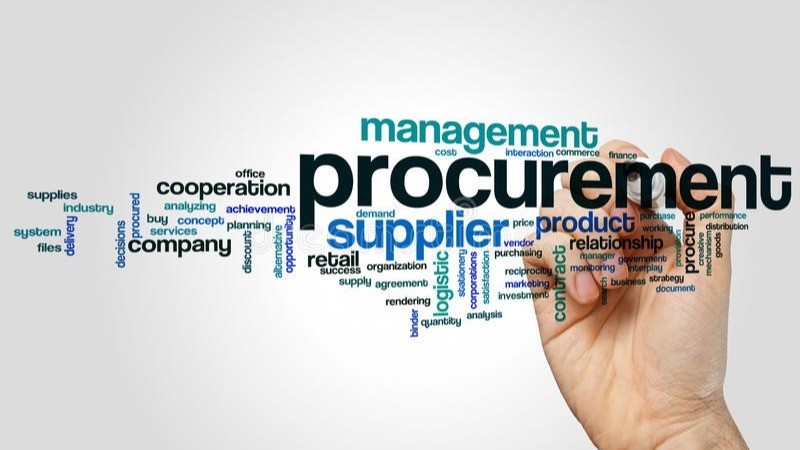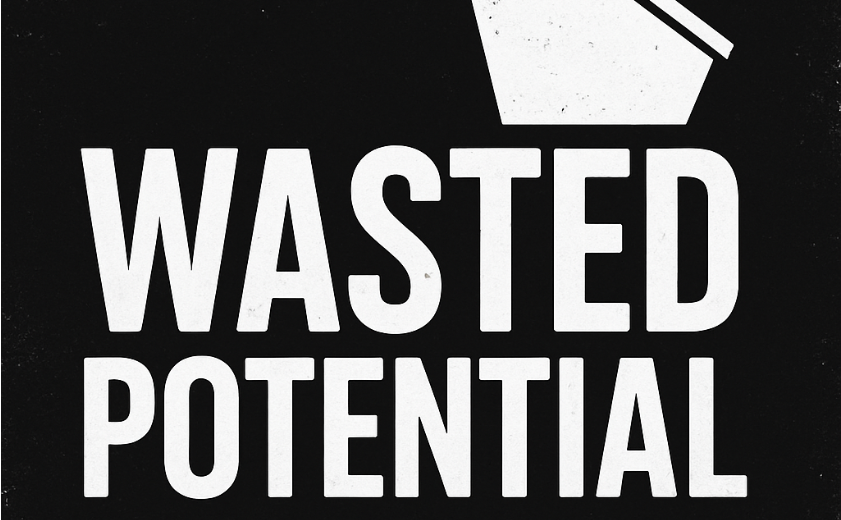Bidding for tendered work is a costly exercise.
It’s a real investment, irrelevant of whether your firm has in-house resource or hires in professional bid support (from people like me). So it’s no wonder that, having committed all that time and money, it can feel like quite a kick in the teeth when you find out that you didn’t win.
It doesn’t matter whether you’re bidding for a public sector tender or a contract to work for a private sector company, there are many reasons why a bidder doesn’t win.
In this article I’ll take a look at some of the most common of them.
1. You’re simply not ready
Bidding for contracted work is not something you can ‘get round to’. You need to kick the process off as soon as the tender is launched. Ideally you’ll know about the opportunity well before that and can get people ready (especially if you need hire in external resource).
Introduce yourself to the procurement managers at target firms and look out for Planned Procurement Notices from the public sector. These will give you an early heads-up and often include the opportunity to participate in market engagement exercises. These are another invaluable way of improving your visibility with buyers, and also help to ensure that tenders are not published with off-market terms or requirements that make bidding impossible.
The checklist of hoops to jump through these days is really extensive. You’ll need to provide evidence of all manner of policies and procedures to become part of a large organisation’s supply chain. And that doesn’t just mean a hastily written environmental policy, for the public sector especially, that’ll mean some serious work in social value, carbon management as well as robust health & safety procedures.
All of this needs to be on-hand long before you even think about starting to work on a bid.
If you’d like some support to become ‘bid ready’, get in touch!
2. You didn’t properly prepare your response
Once the tender has been launched, it’s tempting to dive straight in, but doing a full prep stage is important for two reasons:
Firstly, to ensure you know what you’ll need to do to pull together a persuasive and competitive bid; and
Secondly, to enable you to decide whether or not you want to proceed with the tender: a properly considered bid/don’t bid decision. This is really important; do not feel that you have to bid for everything in your sector. Some so-called opportunities really might not be good for your business (or your mental health!)
Next, it’s critical that you fully understand the customer’s needs. Falling at this hurdle is often down to:
- not reading all the documents properly
- not getting to grips with the full scope of the specification and how the tender questions align with it
- not understanding the implications for your business of the T&C’s and the associated performance standards. There are still plenty of big firms who think it’s ok to pay 3 months after invoice, for example.
You’ve got to be 100% sure that your business can accept the contract in all operational circumstances; you can’t be certain as to how your performance will turn out.
Finally, be aware that submitting a non-compliant response is very easy, and leads directly to the worst possible outcome for your bid investment. It’s like sitting an examination but not putting your name on the front, so no-one knows who it belongs to.
And it’s particularly easy to make this kind of error at the pre-qualification / compliance stage.
3. You didn’t acknowledge that pricing a bid is a game
Bidding is never just about firing off a price.
You need to start your commercial planning on Day One. At the start, write down what you think your price is, and then take a careful, iterative approach over the following weeks, writing down all the contributing factors for that price. This will ensure you’ve included every cost, and flushed out every income opportunity.
Consider the following important steps:
- Review your internal figures, making use of your management accounts. Know exactly how much delivering the tendered service is going to cost you.
- Consider the competition. So many bidders work in a vacuum! Think about where other firms might have an edge over you and in what areas the reverse is true. I like to create a little shadow model to help me understand what I’m up against.
- Keep reading the specification, the payment mechanism (if there is one), and the pricing matrix – are there areas to hide profit?
I can assure you, there’s a financial ‘angle’ in every tender!
4. Your proposals are poorly written
It’s really important to make your proposals as easy as possible for the evaluator to read.
To do this, focus on the following:
- Present information logically and with immaculate spelling and grammar.
- Responses to complex questions should follow the same order as the question and the specification.
- Accept that you can’t score 10 out of 10 for your response to every tender question. So use the evaluation criteria to plan your proposal and to ensure that you’ve included everything necessary to achieve your target score. Miss even just one bit, and you’ll be marked down.
- Highlight the things you’re offering which exceed the requirements. They should leap off the page.
- No hyperbole. Just facts, facts, facts. A bid is not a marketing brochure, so keep all the ‘we’re the best‘ nonsense out of your proposals. Your opinion is of no interest to the person evaluating your bid. Presenting your reputation (factually) is a small part of tender pre-qualification; but for the bid itself, it’s all about what you’re GOING to do, not what you did last year.
Great bids don’t just inform, they persuade. You want the evaluator to be blown away by how you plan to provide the service they require, and to be reassured that working with you will be a win-win for everyone involved.
You want them to want you, no matter your price!
5. Check and check again
No matter whether the bid is being led by an internal or external resource, all bid documents should be read through by more than one person, and definitely by a director. Reading and reviewing all the documents and quality control are critical stages, no matter how expert your bid manager.
These peer reviews will flush out:
- errors
- missing information
- missed ideas and opportunities
- queries that need to be resolved before the bid can go forward
Final tips: There are generally two parts to a tender: pre-qualification/compliance and then your proposal – your value offer. Start completing the compliance part as early as possible – you don’t want to torpedo your own (potentially winning) bid because you can’t find a particular certificate ten minutes before the tender closes.
And for goodness sake… get your bid in on time!
Gerald Price is a multi-disciplined business consultant specialising in the efficiency, improvement and development of established businesses (£3m+ turnover).
Gerald is available to lead bids for tenders of all sizes and complexities, or to support and mentor internal business development teams.


